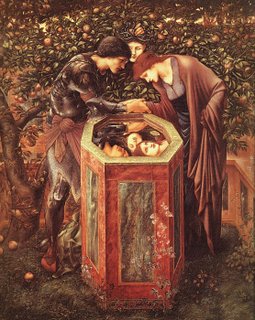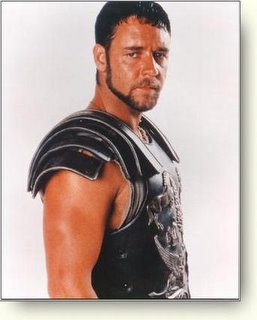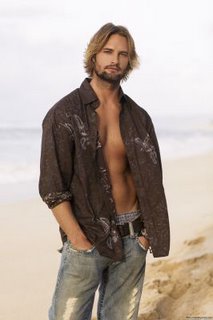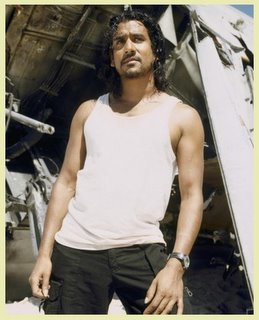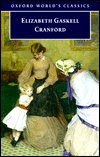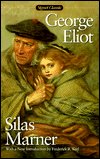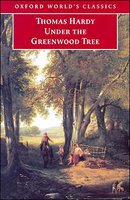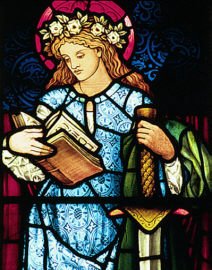 Hi. It’s me. Maybe you missed me yesterday? Well, I did! My brain was involved in a historical I was reading for the annual RITA contest and it didn’t come up for air. I have two extreme ways of being: completely focused, or completely not! Well, anyway…I thought I’d crack open that old discussion about rating/reviewing books.
Hi. It’s me. Maybe you missed me yesterday? Well, I did! My brain was involved in a historical I was reading for the annual RITA contest and it didn’t come up for air. I have two extreme ways of being: completely focused, or completely not! Well, anyway…I thought I’d crack open that old discussion about rating/reviewing books.
Here are the rules I try to play by:
Be Objective. This means that I take your personal preferences out of the mix. If there’s a type of romance I don’t care for, I don’t judge on that basis. I look at how this romance compares to the standard of its type.
Don’t be a copyeditor. It isn’t the copyeditor you are judging, it’s the author’s work. A few typos, grammar errors or inconsistencies I can overlook. (I might add that I am doing ‘first round’ judging–the finalists will be judged a second time).
Look for something special that makes the book stand out. That may be the use of historical detail; the characters; the way the story draws me in and keeps my interest; the way the story explores its theme, taking me deeper throughout; the writing itself; the way the story plays out, keeping me engaged until the end–so that when I close the book I feel that it kept its promise and did not let me down.
It is difficult sometimes. We all have little things that we dislike that may or may not be an issue for anyone else–that may in fact be expected in the kind of romance we are reading. Yes, we do talk about clothes in traditional Regencies–not always, but we do. We often are writing about the upper classes in England. They had money, society was important, and they wore fashionable clothes, and sometimes it is expected that we tell what they were wearing. A judge may dislike references to fashion, but she should consider the genre.
I have a problem with cliches–little ones, like “her feet were encased in white satin shoes” instead of “she wore white satin shoes,” and various parts of a woman’s finery being referred to as “a confection of …,” and so forth. Just little word combinations that were fresh once but that have been repeated many times. But I don’t let this throw me when judging. I look at the big picture.
Having said all this, I still struggle. So…I would like to hear what you all look for in a book when reviewing it or judging it. What standards do you hold yourself to? Where do you draw the line between objectivity and subjectivity?
And finally…what do you think makes a winning book?
Laurie, with more questions than answers!
LORD RYBURN’S APPRENTICE
Signet, January 2006



